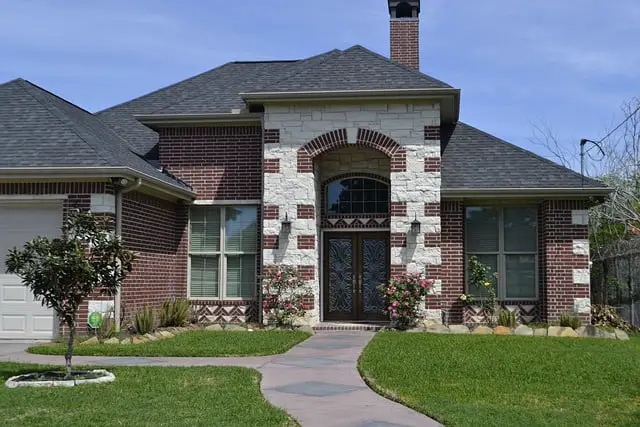
The Role of Building Codes in Real Estate Development
Building codes are a set of regulations that govern the design, construction, and maintenance of buildings. These codes are put in place to ensure that buildings are safe, healthy, and accessible for their occupants. In the world of real estate development, building codes play a crucial role in determining the feasibility and success of a project. In this article, we will explore the importance of building codes in real estate development and how they impact the industry.
What are Building Codes?
Building codes are a set of regulations that dictate the minimum standards for the design, construction, and maintenance of buildings. These codes are developed by government agencies and are enforced by local building departments. Building codes cover a wide range of topics, including structural design, fire safety, plumbing, electrical systems, and accessibility. The purpose of building codes is to ensure that buildings are safe, healthy, and accessible for their occupants.
Why are Building Codes Important in Real Estate Development?
Building codes play a critical role in real estate development. They ensure that buildings are designed and constructed to meet minimum safety and health standards. Building codes also help to protect the investment of real estate developers by ensuring that buildings are built to last and are not prone to costly repairs or maintenance issues. Additionally, building codes help to protect the public by ensuring that buildings are safe and accessible for their occupants.
Real estate developers must comply with building codes when designing and constructing buildings. Failure to comply with building codes can result in fines, legal action, and even the demolition of the building. Therefore, it is essential for real estate developers to work closely with local building departments to ensure that their projects meet all applicable building codes.
Examples of Building Codes in Real Estate Development
Building codes cover a wide range of topics in real estate development. Some of the most common building codes include:
- Structural design codes: These codes dictate the minimum standards for the design and construction of building structures, including foundations, walls, and roofs.
- Fire safety codes: These codes require buildings to have fire suppression systems, smoke detectors, and fire exits to ensure the safety of occupants in the event of a fire.
- Plumbing codes: These codes dictate the minimum standards for the design and installation of plumbing systems, including water supply and drainage systems.
- Electrical codes: These codes require buildings to have safe and reliable electrical systems to ensure the safety of occupants.
- Accessibility codes: These codes require buildings to be accessible to people with disabilities, including wheelchair ramps, elevators, and accessible restrooms.
How Building Codes Impact Real Estate Development
Building codes have a significant impact on real estate development. They can affect the feasibility and cost of a project, as well as the timeline for completion. Real estate developers must comply with building codes when designing and constructing buildings, which can add time and cost to a project. However, failure to comply with building codes can result in fines, legal action, and even the demolition of the building.
Building codes also impact the safety and health of occupants in buildings. By ensuring that buildings are designed and constructed to meet minimum safety and health standards, building codes help to protect the public from harm. Additionally, building codes help to protect the investment of real estate developers by ensuring that buildings are built to last and are not prone to costly repairs or maintenance issues.
FAQs
What happens if a real estate developer fails to comply with building codes?
If a real estate developer fails to comply with building codes, they may be subject to fines, legal action, and even the demolition of the building. It is essential for real estate developers to work closely with local building departments to ensure that their projects meet all applicable building codes.
How do building codes impact the cost of real estate development?
Building codes can impact the cost of real estate development by adding time and cost to a project. Real estate developers must comply with building codes when designing and constructing buildings, which can add time and cost to a project. However, failure to comply with building codes can result in fines, legal action, and even the demolition of the building.
What are some of the most common building codes in real estate development?
Some of the most common building codes in real estate development include structural design codes, fire safety codes, plumbing codes, electrical codes, and accessibility codes. These codes dictate the minimum standards for the design, construction, and maintenance of buildings.
Conclusion
Building codes play a crucial role in real estate development. They ensure that buildings are safe, healthy, and accessible for their occupants. Building codes also help to protect the investment of real estate developers by ensuring that buildings are built to last and are not prone to costly repairs or maintenance issues. Real estate developers must comply with building codes when designing and constructing buildings to ensure that their projects meet all applicable building codes. By understanding the importance of building codes in real estate development, real estate investors, homeowners, first-time home buyers, and real estate agents can make informed decisions about their investments and projects.